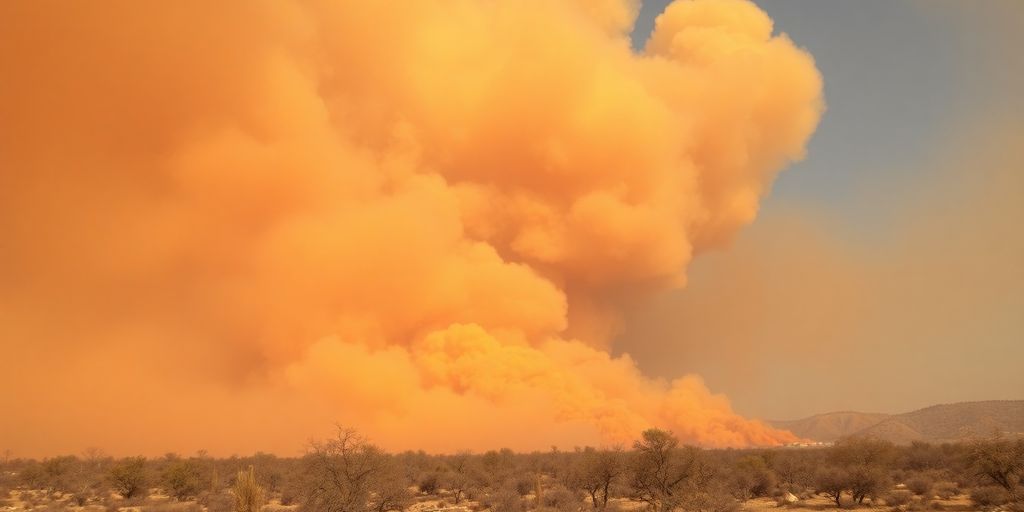Greece is currently grappling with a severe outbreak of wildfires, exacerbated by an intense heatwave gripping Southern Europe. The blazes have forced evacuations in several regions, including near the capital, Athens, and on popular islands like Crete and Evia. Firefighters are engaged in a challenging battle against the flames, which are fanned by high temperatures and strong winds, leading to significant damage to land and property.
Battling the Blazes Amidst Extreme Heat
Greece is experiencing its third heatwave of the summer, with temperatures soaring to as high as 44 degrees Celsius (111 degrees Fahrenheit). This extreme heat, combined with dry conditions and strong winds, has created a volatile environment for wildfires. The Greek fire brigade reported over 50 fires in a single 24-hour period, with many remaining active. Firefighters, supported by aircraft and international aid, are working tirelessly to contain the spread.
- Intense Heatwave: Temperatures are reaching critical levels, fueling the wildfires.
- High Fire Risk: Strong winds and dry conditions increase the likelihood and intensity of fires.
- Extensive Fire Activity: Dozens of fires are breaking out daily across the country.
Evacuations and Impact on Communities
Several villages and settlements have been evacuated as the fires approach residential areas. In Kryoneri, a northern suburb of Athens, residents were forced to leave their homes as flames threatened properties. On the island of Evia, the Triada area saw evacuations, and on Kythera, hundreds of people were rescued from a beach. The fires have resulted in injuries, including burns and smoke inhalation, with some firefighters also hospitalized.
Tourist Advisory and Travel Considerations
While major airports remain open and international flights are largely unaffected, authorities have issued travel advisories. Tourists are urged to stay informed about the situation through official channels and to avoid areas directly impacted by the fires. Popular tourist destinations like Santorini and Mykonos have so far remained largely untouched, but travelers are advised to check with their airlines, hotels, and tour operators for the latest updates and potential itinerary changes. Air quality in some central Greek areas has deteriorated due to smoke, posing a risk to those with respiratory issues.
International Cooperation and Future Outlook
Greece has requested and received assistance from fellow European Union member states, including firefighting teams and aircraft. The government is working to restore normalcy in affected regions and protect visitors in safer areas. The ongoing crisis highlights the increasing frequency and intensity of wildfires in the Mediterranean, linked by scientists to climate change. Authorities emphasize the need for flexibility and preparedness for travelers visiting Greece during this challenging period.
Sources
- Greece Wildfires 2025: Essential Travel Tips For Tourists Visiting Athens, Crete, And Other Affected Areas:
Know More About It Now, Travel And Tour World. - Greece battles wildfires across country, evacuates villages, Reuters.
- Is it safe to travel to popular holiday hotspots?, AOL.com.
- Fires in Turkey, Greece force thousands to evacuate as Europe face heat wave, Axios.
- Firefighters In ‘Titanic Battle’ As Wildfires Rage In Greece, Time Magazine.






